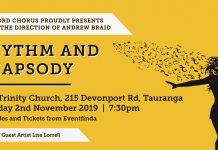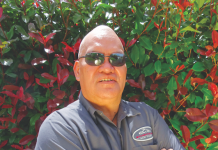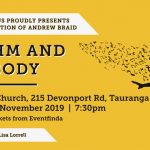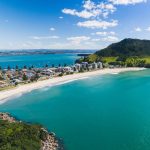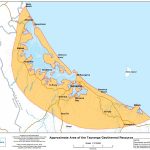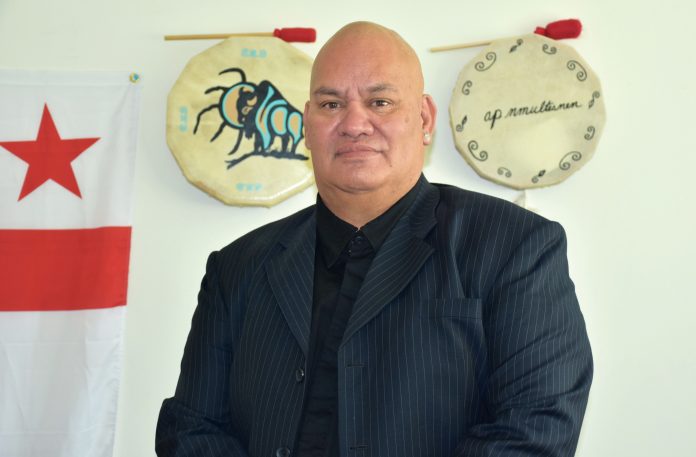
April 16, 2018
In further signs of disarray within the Labour-led government, the Minister for Treaty Negotiations is rushing to sign a $100 million treaty deal with 12 small iwi in Hauraki before it becomes more widely known that the Hauraki Collective is falling apart.
It is a deal that will spawn decades of further grievance as it allows Hauraki iwi to have rights in Tauranga where they have not lived or had historical connection before.
The deal has been opposed by Tauranga iwi Ngai Te Rangi that is supported by around 17 other iwi from Northland, Waikato, and the Bay of Plenty that are also negatively impacted by the Hauraki deal. Ngai Te Rangi Iwi has received widespread support among iwi for their stance in opposing what they call ‘carpetbagging’.
Ngai Te Rangi Iwi spokesperson Mita Ririnui said under Maori lore or tikanga when a claim is made that involves territory it is talked out on marae and evidence is put forward face to face and discussed until an agreement is reached.
“This is what is called a tikanga process and we have been engaging with Hauraki iwi individually one at a time in a tikanga process.
The previous Minister, Chris Finlayson, answered during Parliamentary Question Time that no deal would be signed with Hauraki until after the tikanga process has been given time to be tested. The Crown is now reneging on that undertaking.
“What we have found is when we asked each iwi what rights they were claiming in Tauranga Moana none of the first six we have been in discussion with brought forward any claim of rights.
Ngai Te Rangi Iwi Chief Executive Paora Stanley said instead some wished to have a stronger relationship with Ngai Te Rangi, some wanted recognition of whakapapa interests, but none have been claiming rights. So, while the created entity, the Hauraki Collective, claims it has rights in Tauranga, the iwi that make up the collective individually say they don’t want that.
He says through the tikanga process Ngai Te Rangi has learned many things about the way the Hauraki Collective operates.
“We have spoken with iwi who are frightened of the management of their own Collective organisation. They feel threatened, they feel embarrassed about what is being done in their name, and they feel powerless. It appears to operate under a climate of fear.”
Stanley said his iwi had also learned of the deep divisions within the Hauraki Collective as the faction driven by Collective chairman Paul Majurey moved to undermine voting power by other iwi within the collective.
“We have spoken with iwi who have detailed how the mode of operating within the collective is one of political manoeuvre with the aim being about moving more of the power and value of the settlement to those iwi associated with Mr Majurey.
“It amounts to warlordism in a way that New Zealand has not seen before.”
Stanley said when Ngai Te Rangi first began opposing the actions of the Crown and Hauraki Collective around this settlement, it was looking after Ngai Te Rangi interests. However, the iwi now finds it is seeking to protect and work with some Hauraki iwi to assist them to fend off their own collective’s management.
As the collapse of the collective has been gaining speed, it has put pressure of the Minister to sign quickly. ‘It is a deal that New Zealanders will be appalled by when they come to find out it was signed with an imploding entity,’ he said. If this signing was to go ahead it will become a huge embarrassment to the Labour Government.
Paora Stanley said Labour is taking an unfathomable political risk in signing this deal because the 12 small Hauraki iwi represent around 13,000 people while those iwi that are opposed to this deal represent about 143,000 people or around a quarter of all Maori.
“Electorally this attempt at twenty-first century confiscation by this Labour Government go not go unpunished.”
He says what is required is for some cool heads to step back and let the tikanga process move through its course over the coming months. Tikanga has so much to offer and it would be useful for the Crown to look at how it can be used more effectively in working with Maori as partners rather than imposing false histories on top of us which inevitably must lead to further grievance in decades to come.
“The questions that have never been asked of the Hauraki Collective by the Crown but would be under tikanga are: Where are their marae? Where are their urupa? What are their ancestral links? Where did they keep their home fires burning?”
In the case of Hauraki iwi they have no connection that would be considered at the level of rights.
For further comment contact:
Paora Stanley, CEO, Ngai Te Rangi Iwi
Email: ceo@ngaiterangi.org.nz



